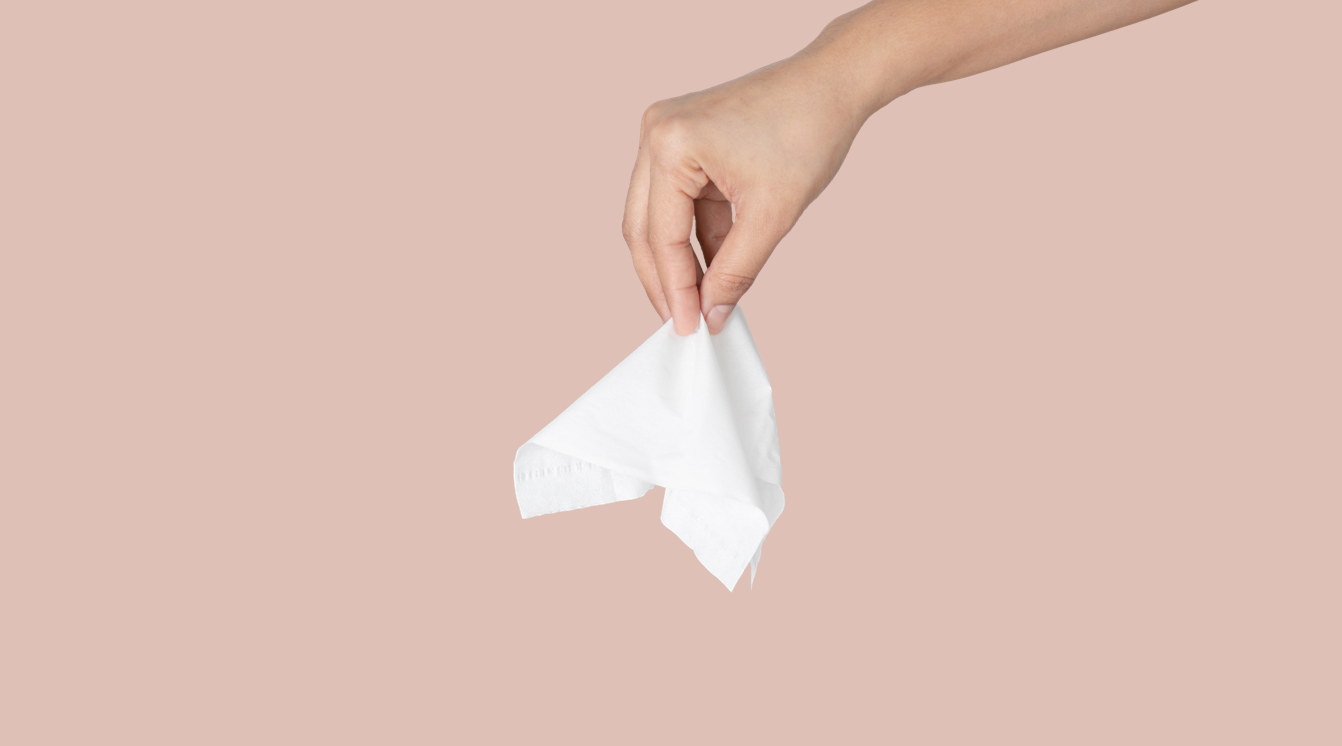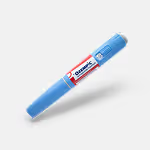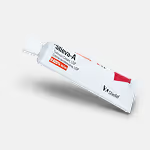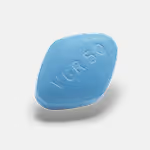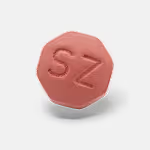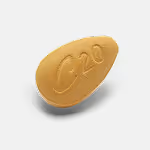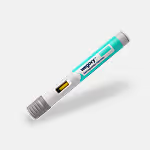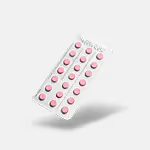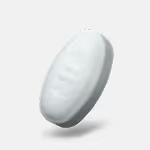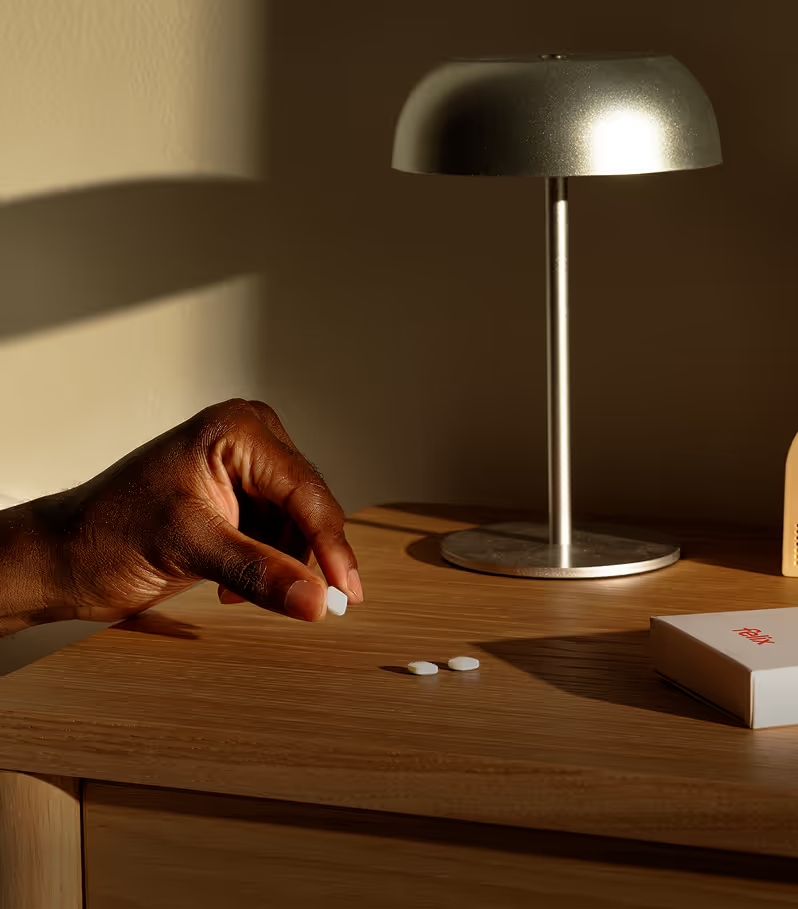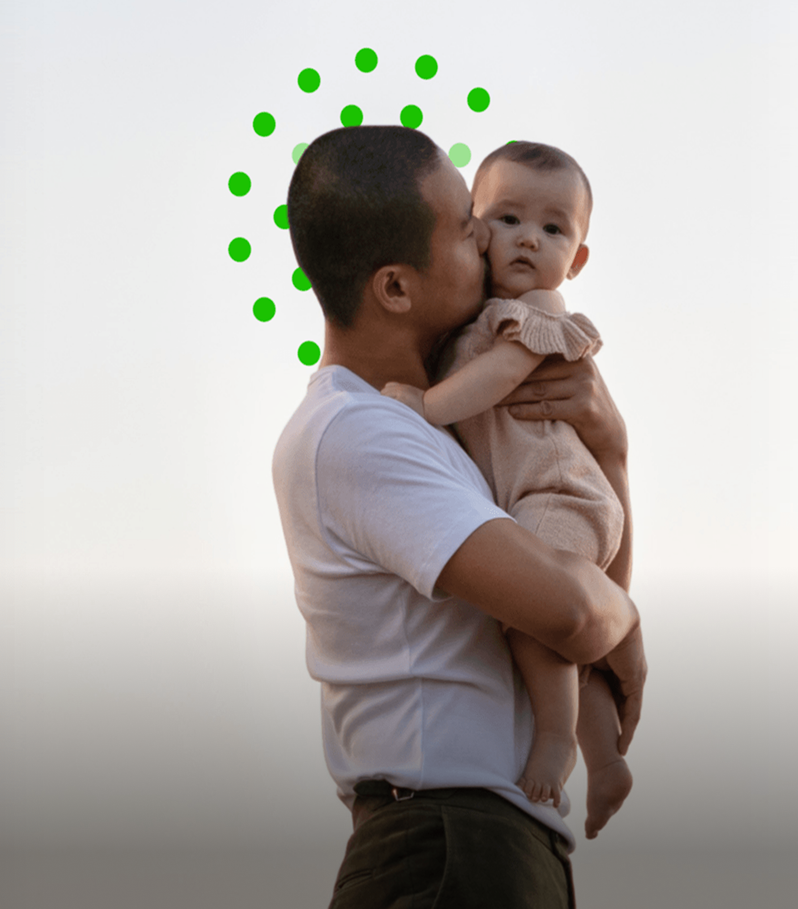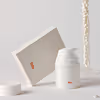Download the Felix App
Earn reward, visit our shop and get exclusive offers on the app
Download nowEarn reward, visit our shop and get exclusive offers on the app
Download nowPut your health first in 2026 with free visits on all categories, and $200 off longevity testing.
Download nowPut your health first in 2026 with free visits on all categories, and $200 off longevity testing.
Download now
AI-generated summaries may be inaccurate and do not constitute medical advice. Third-party AI tools are not under Felix's control, and your use of them is at your own risk.
You might be surprised to find out that your allergies could be behind your scratchy throat. This can make treatment a little bit more challenging — but still manageable.
If you have a sore throat that you think is being caused by your allergies, here’s what you need to know:
Postnasal drip is typically behind allergy-induced sore throats. Among its symptoms are a persistent cough and a sore throat, and it can be caused by your body's response to allergies.
Glands in your nose and throat produce mucus to moisten the lining, fight off infections, and get rid of gross particles that get trapped up there. But when regular mucus production goes into hyperdrive — like when you’re trying to fight off allergies — extra mucus is produced, which sometimes ends up accumulating at the back of your throat.
That's postnasal drip, and other symptoms include:
Postnasal drip can be caused by a lot of things. But when it comes to allergies, it’s often set off by things like dust mites, mold or mildew, cigarette smoke, airborne irritants like ragweed pollen, and pet dander. Those with seasonal allergies might experience this more during high-allergen times.
Let's be honest — your irritated throat could mean a lot of things.
It could be anything from a run-of-the-mill cold, to strep throat, or acid reflux. Or it could be caused by something more mundane like being somewhere particularly dry or talking more than usual. It could even be indicative of COVID-19.
It's also unlikely that a sore throat would be your only allergy symptom. You might experience:
But, again, these could double for something like a cold as well. To top it all off, not everyone with allergies gets a sore throat.
So, having a sore throat doesn't necessarily mean you have allergies. But it could.
While it's not a good idea to self-diagnose on the internet (seriously, talk to your doctor), a sore throat from a postnasal drip is likely to feel more raw or scratchy, as opposed to sore. That's because the drainage of fluids can leave behind an irritated throat.
But postnasal drip isn't the only way allergies can cause a sore throat. Excessive coughing or breathing through your mouth because you have a stuffy nose can also contribute. Both cases will also leave your throat feeling raw.
However, having a sore throat paired with a fever and body aches means it's more likely your sore throat is due to a viral infection like the flu or a cold.
No one really wants a sore throat to stick around. Annoying, irritating, and sometimes painful — getting rid of yours is the ideal goal. Thankfully, if your sore throat is caused by allergies, there are options to treat it.
Where possible, the most effective method is probably going to be to limit your exposure to allergens. If there are no allergens kicking around, there’s nothing out there to cause a sore throat, right?
People with springtime allergies could be more likely to experience allergen-induced sore throats. During the height of allergy season, shutting your windows or wearing a mask could help reduce exposure. Avoiding other common allergens like cigarette smoke and pet dander may help too.
Of course, avoiding any and all contact with allergens might be a tall order. That's where allergy treatments come in.
Over-the-counter (OTC) antihistamines are common medications those plagued with allergies turn to, especially during peak allergy season.
Antihistamines work by preventing your body from having a histamine-based response to allergens, as this is what causes your allergies in the first place. If your allergies are particularly severe or consistent, your doctor may recommend a prescription-strength antihistamine.
Decongestants are readily available and inexpensive, and could be recommended to help provide short-term relief if you have a stuffy nose. Unfortunately, while they can be effective they don’t treat the underlying cause.
Likewise, nasal sprays like nasal corticosteroids could be prescribed by your doctor to clear out your nose. But, in some cases, they could leave you with a more irritated nose or throat.
Treating an allergy-induced sore throat isn’t a one-size-fits-all solution. Having a conversation with your doctor about what you can do to treat your sore throat is the best way to ensure you find something that works for you.
Allergen immunotherapy isn’t the right choice for everyone. You need to take shots for three to five years, making this a long-term solution. Plus, there’s no actual cure for allergic rhinitis, and there's no way to know how long the effects will last for you.
Allergy shots reduce symptoms, and tend to be recommended when nothing else seems to be working. However, if they work for you, they could get rid of that pesky sore throat.
Before you start taking them, you’ll need to consult with an allergist. They’ll determine what you’re allergic to, and whether or not shots are the best move for you.
There is no guarantee that a natural remedy will cure an allergy-induced sore throat. But there are a few things you could try that might reduce the irritation or pain you feel, if even just temporarily.
Sinus rinse bottles (like NeilMed) or neti pots are popular for clearing out sinuses and reducing your congestion. These irrigation devices work by pouring a small amount of a specifically formulated solution into your naval cavity, flushing it out so it’s easier to breathe.
You can buy a neti pot from any pharmacy or drug store, no prescription needed. But they need to be used as per the guidelines.
Before you start using one, it’s a good idea to talk to your doctor about whether or not it’s the right solution for you. They might be able to point you in the direction of a better solution.
We all know that you should drink six to eight glasses of water a day. But if you’ve got a sore throat from allergies, it might help to drink more fluids.
Dryness tends to make congestion problems and sore throats worse, so adding a little water to the mix can help keep your throat moist and thin the mucus hanging out in the back of it.
If your sore throat is painful or itchy, warm liquids might help provide a little relief too. Soups, teas or even gargling a little salt water can provide some soothing relief when facing a particularly scratchy throat. But you’ll want to make sure you avoid caffeinated beverages (that means no coffee!) as they can be an irritant.
You can also take increasing fluids one step further and use a vaporizer or humidifier, which can help increase the humidity in the room around you. Or you can take a hot shower if you want to try getting a quick-fix to clear your nose.
There is some evidence to suggest that honey can ease a cough. Since coughing can play a role in giving you a sore throat, it's possible that adding a little honey could help reduce your cough and ease the irritation you feel. It might not solve the problem completely, but if you get a sore throat it could keep it from becoming worse.
Simply having a sore throat doesn’t mean that you have allergies. Nor does it mean that your allergies are the cause. But if you have allergies, and you notice that when you have other symptoms you often get a sore throat — they could be the culprit.
While a sore throat is annoying, we often don’t think of it as a big deal. But uncontrolled allergies can lead to more serious problems, like sinusitis (you don’t want it). So if a sore throat’s been bothering you for a while, it might be time to go talk to your doctor or start an assessment with Felix to see if allergy treatment might be right for you.
Medically reviewed by
References

